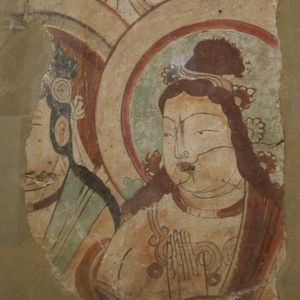
Barbarians at the Gate
Barbarians at the Gate
Historical Battles: Rewriting China's Past to Shape the Future

Historical Battles: Rewriting China's Past to Shape the Future
Description
"We can overestimate and underestimate how much things changed when Xi Jinping took power, but the intensity of concern over historical narratives has definitely grown under his leadership." - Jeffrey Wasserstrom
In this episode, Jeremiah and David are joined by Jeffrey Wasserstrom, Chancellor's Professor of History at the University of California, Irvine, and a leading expert in modern Chinese history. We discuss the legacies of the Hong Kong protests, the rise of Xi Jinping's historical narrative control, and how academic engagement with China is evolving amidst growing geopolitical tensions.
Professor Wasserstrom delves into the shifts in how history is managed in China, particularly the tightening control under Xi Jinping’s regime. He elaborates on Xi’s new patriotic education law, which codifies the regime's control over historical narratives to align with national security. We also examine the challenges academics face when giving talks on sensitive topics and the growing restrictions on public discourse in Hong Kong since the imposition of the national security law.
Further Reading/Links:
- Jeffrey Wasserstrom, Vigil: Hong Kong on the Brink
- Maura Cunnigham and Jeffrey Wasserstrom, China in the 21st Century: What Everyone Needs to Know
- Follow Jeffrey Wasserstrom on Twitter @jwassers